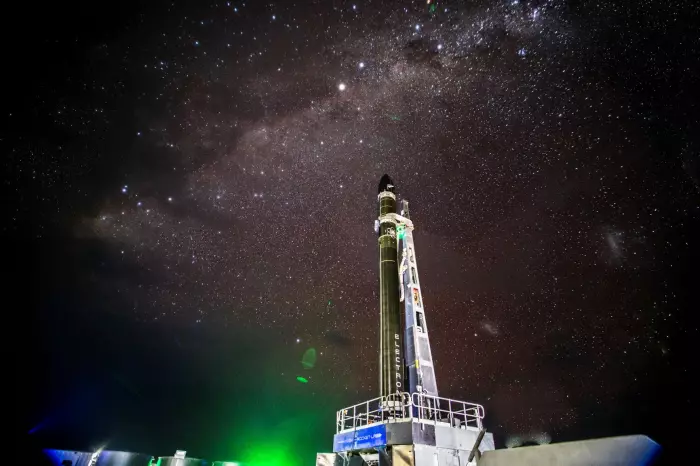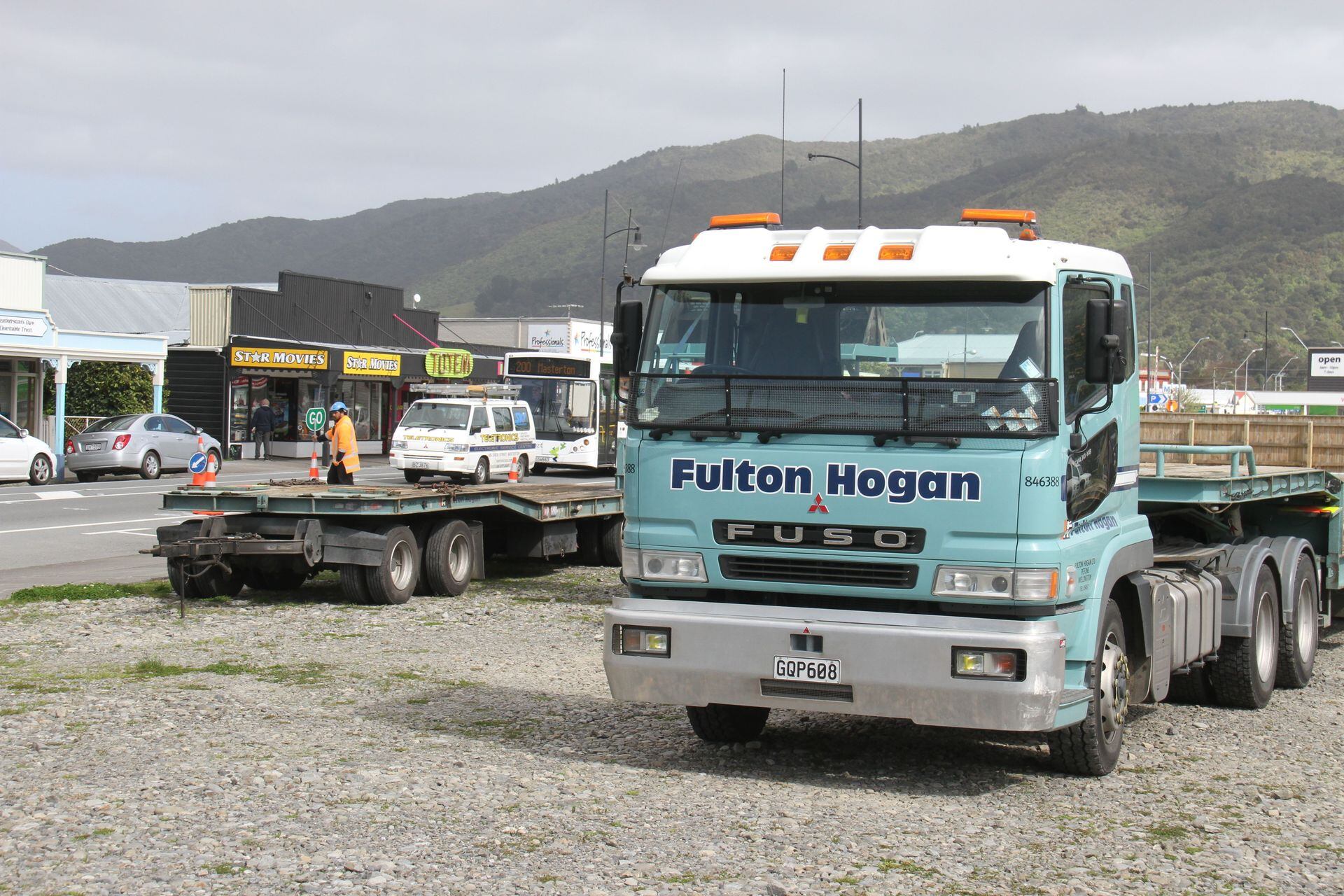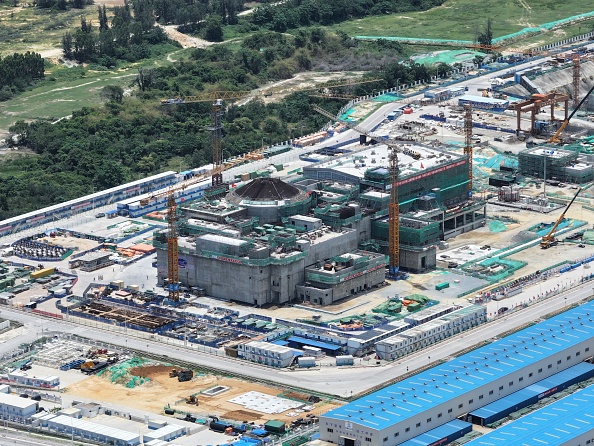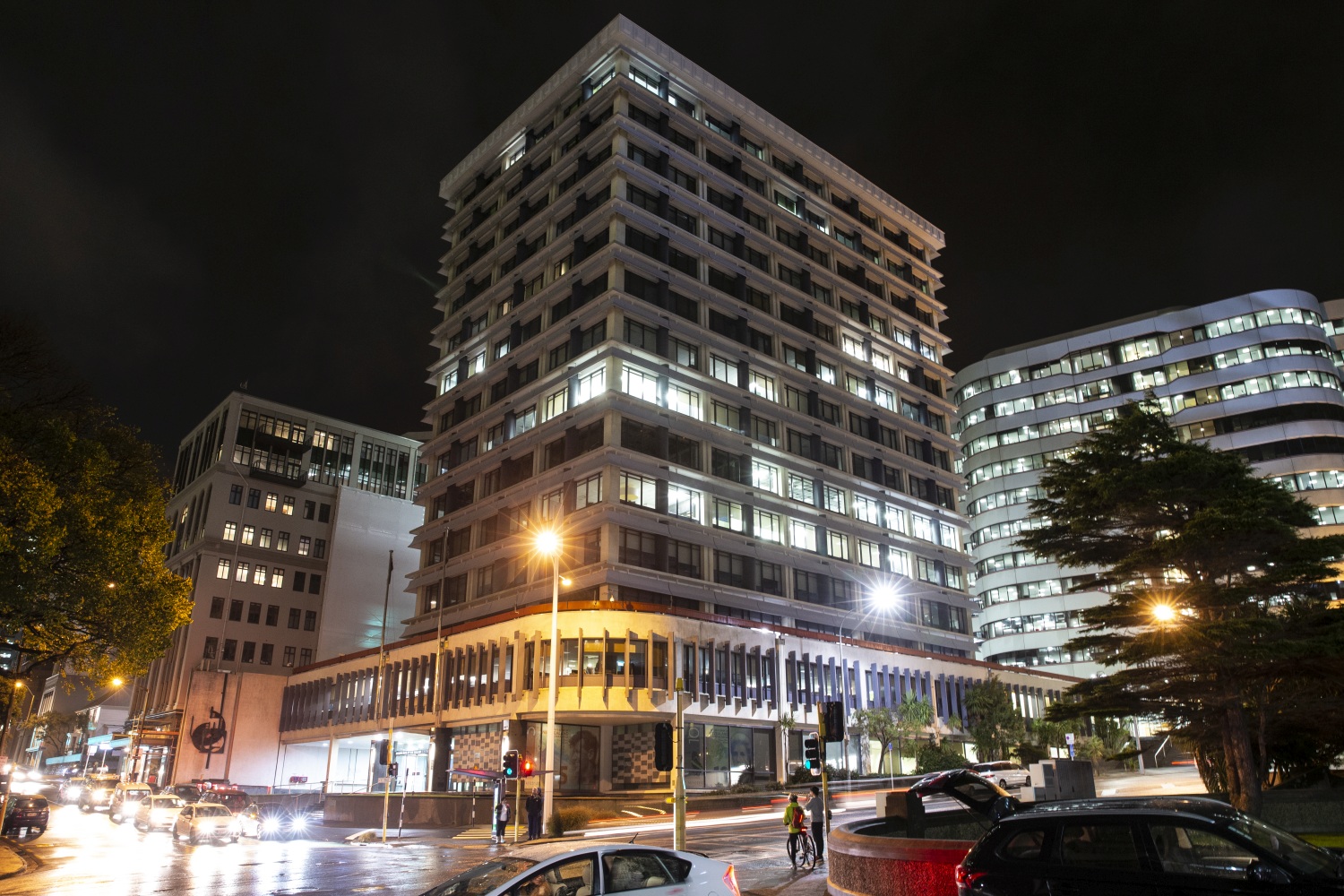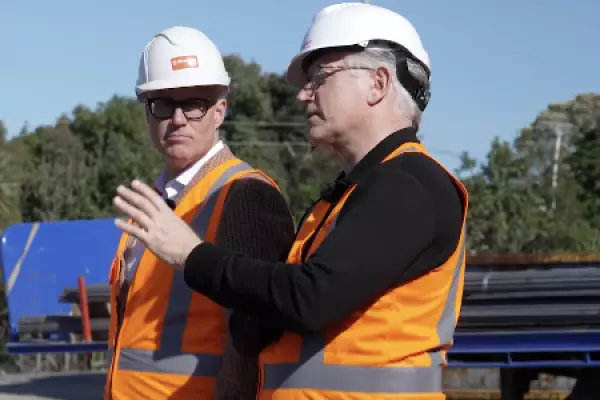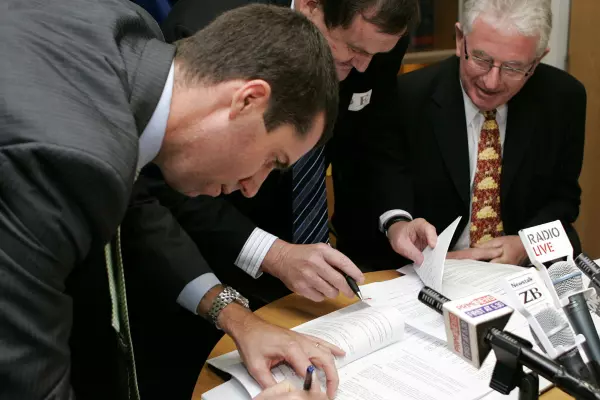Kleos Space is assessing the cost and impact of losing technology in Rocket Lab’s failed launch on the weekend.
The ASX-listed geolocation intelligence firm had data collecting technology launched by Kiwi-founded aerospace company Rocket Lab from its site on the Mahia Peninsula on Saturday.
The launch failed four minutes into the flight resulting in the loss of an $11.5 million Electron rocket, and its payload. The rocket didn't reach orbit and burnt up re-entering the atmosphere.
“Clearly we are disappointed not to get this technology development into orbit right now, but we all know getting to space is hard which is one of the reasons it’s such a valuable thing to do,” Kleos Space chief executive Andy Bowyer said in a statement.
The Rocket Lab launch would have let Kleos test its technology in orbit as part of its research and development programme, but won't affect its scouting mission satellites that are ready for launch in India.
"Kleos will assess any financial impact or time impact to the Kleos R&D roadmap over the coming weeks," it said.
Comes with the territory
Rocket Lab said failed launches, such as the one over the weekend, were an expected part of spaceflight and that it would be back on the launch pad soon.
“Failures are a routine part of the launch business and one that we prepare for,” a spokesperson told BusinessDesk.
Customers sending payloads into orbit were responsible for their own insurance and the aerospace firm didn’t carry the cost of lost cargo.
Rocket Lab’s mission was to put a number of micro-satellites in orbit for four customers including Canon Electronics and In-Space Missions.
Space consultant and procurement firm In-Space Missions — which was launching technology for Kleos — described the failed launch as a “devastating loss.”
“When we heard that the launch vehicle failed four minutes into the flight, we were all absolutely gutted,” said Doug Liddle, In-Space Missions chief executive.
“Many of our team have been involved in previous space missions, so we’re fully aware of the fragile nature of launches. However, this knowledge and experience doesn’t make this failed mission any easier to accept.”
Launch coverage
A 2016 contract between Rocket Lab and the Ministry of Business, Innovation and Employment said the aerospace firm, which is head-quartered in the US, was required to have insurance for launch activities as part of its Federal Aviation Authority licence. However, Rocket Lab said its major expense would be the process of trawling through 25,000 channels of data to establish what caused the loss.
Saturday’s failure follows 11 consecutive successful launches but wasn’t the first Electron rocket lost.
Rocket Lab’s first launch in 2017 called 'It's a Test' also failed four minutes into its journey, similar to the most recent launch.
The issue occurred when ground equipment briefly lost contact with the rocket and officials stopped the flight, a standard procedure when communication is lost.
Rocket Lab’s engineers spent two months analysing all factors that may have influenced the outcome of the launch before concluding a third-party contractor’s communication equipment on the ground had been misconfigured.
A spokesperson said that same process was now underway, but would likely be faster because the company was much bigger than in 2017.
Rocket Lab’s recent focus on rapid launch capability would help the company get back onto the launch pad sooner. Eight Electron rockets are currently in production
“We are not starting from scratch, it’s just about solving that one issue,” a spokesperson said.
They said failure didn’t threaten the viability of the company which was still in a “very strong position internationally,” and outperforming a wide field of competitors also trying to break into the emerging private-sector space flight market.


